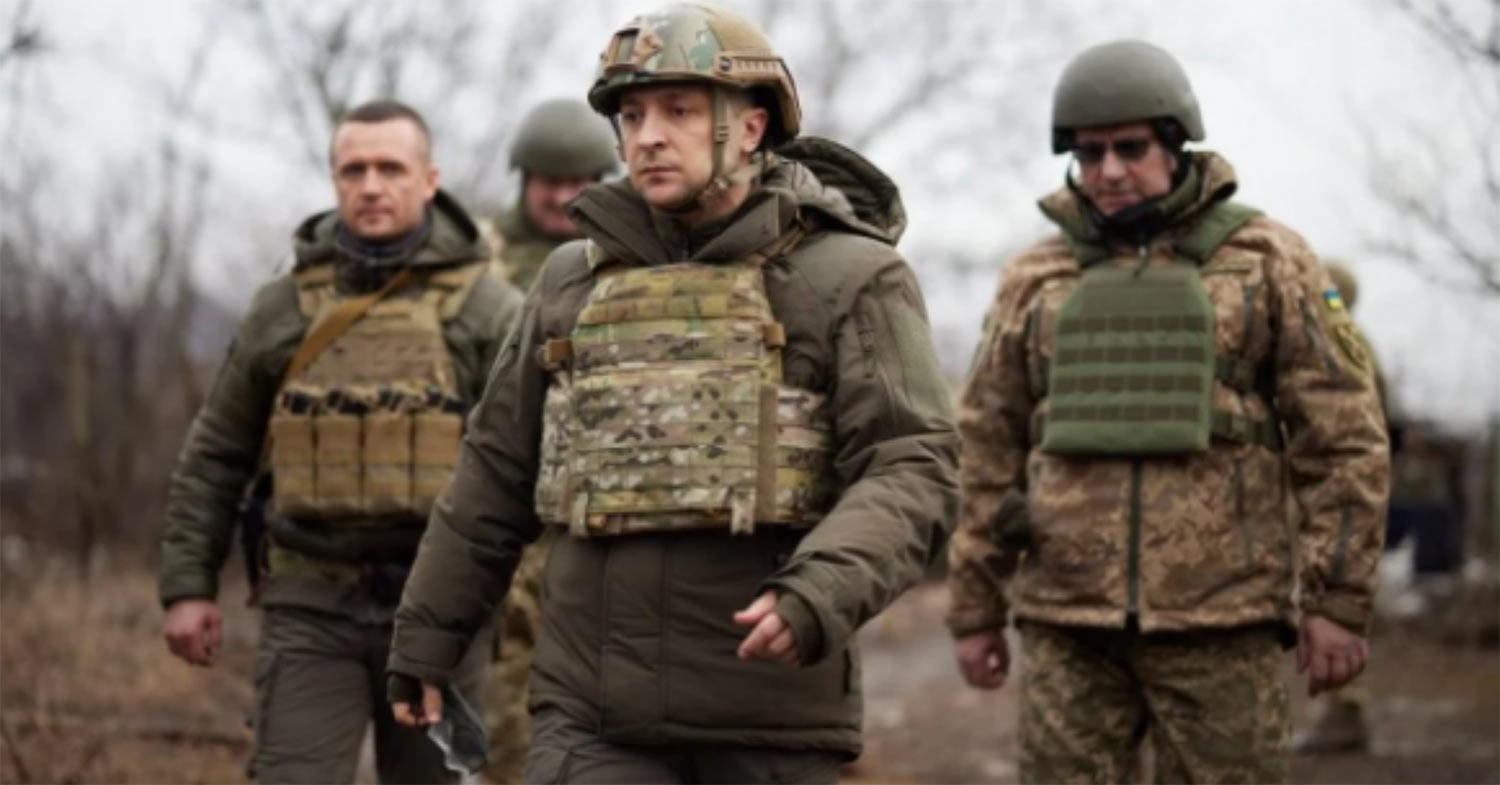UKRAINE RELIES HEAVILY ON CRYPTO TO SUPPORT THE WAR ECONOMY
Ukraine uses crypto during the war with Russia and has gathered more than $10 million in bitcoin donations, relying on an unusual form of crowdsourcing to help it survive a violent Russian assault.

The Ukrainian government’s official Twitter account published addresses for two crypto wallets on Saturday, one accepting only bitcoin and the other ether and tether, a currency that monitors the value of the US dollar.
According to data from blockchain analytics firm Elliptic, such wallets have attracted $10.2 million in cryptocurrency as of Sunday. This is in addition to the millions of dollars in digital money that have been contributed to non-governmental organizations that support the Ukrainian military.
According to Elliptic, almost $1.86 million of the money contributed to Ukraine’s government came through the sale of a non-fungible token, or NFT, which was originally created to raise cash for WikiLeaks founder Julian Assange.
NFTs are one-of-a-kind digital assets that indicate ownership of virtual goods like artwork or video game characters.

The development demonstrates how, in the midst of Russia’s military offensive in Ukraine, which began on Thursday, Ukraine is looking to cryptocurrency for support.
Since 2018, Come Back Alive, a non-profit that supplies military equipment to Ukraine, has accepted cryptocurrency donations. Since Russia’s invasion began, it has raised millions of dollars in digital currency.
According to Elliptic, total crypto donations to the Ukrainian government and NGOs supporting the military now total $16.7 million.
Cryptoassets like Bitcoin have emerged as an essential alternative crowdfunding approach; Elliptic’s principal scientist Tom Robinson wrote on Sunday in a blog post. They enable rapid, cross-border donations, avoiding financial institutions that may prohibit funds to these organizations.
Come Back Alive’s Patreon fundraising website was suspended last week, with the company stating that it “does not accept any campaigns involving violence or military weapons purchases.” Paid subscriptions on Patreon allow users to earn money on a monthly basis. The Ukrainian military previously stated that it could not accept bitcoin payments in digital currencies, claiming that national legislation prohibits the Ministry of Defense of Ukraine from using alternative payment systems (‘Webmoney,’ ‘Bitcoin,’ PayPal,′, etc.).”
However, the government appears to have softened its stance.

Mykhailo Fedorov, Ukraine’s Minister of Digital Transformation, called on major crypto exchanges to restrict payments to Russian customers on Sunday.
It’s critical to undermining common users as well as addresses associated with Russian and Belarusian politicians, Fedorov tweeted.
On Saturday, the United States, its European allies, and Canada agreed to suspend select Russian banks from the Swift interbank messaging system. They also agreed not to allow Russia’s central bank to use its international reserves in ways that could jeopardize sanctions.


